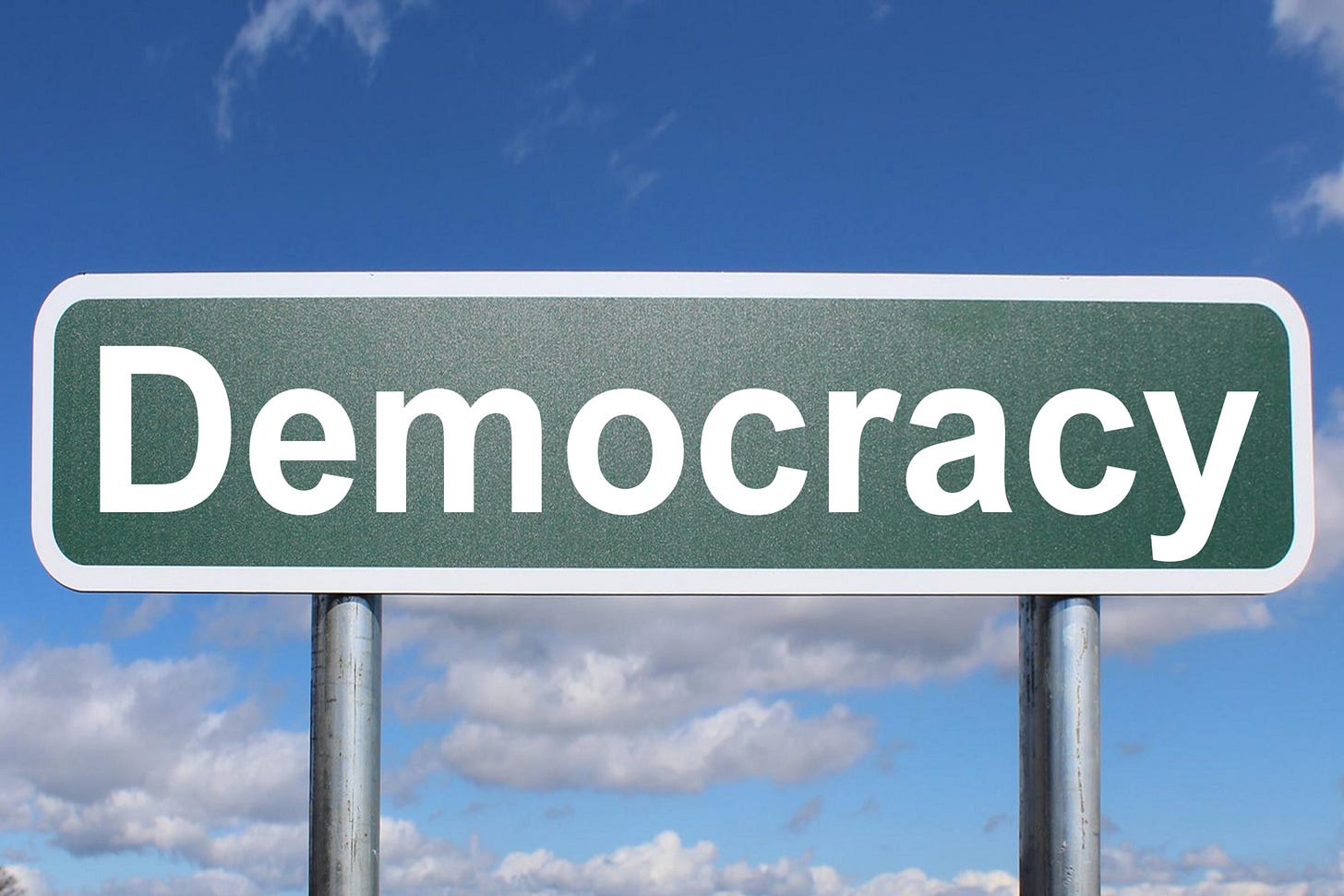We live in an era where much of our news, our politics, and our daily interactions have fallen into tribalism. Instead of acquiring information—facts—about issues, and thinking about how to interpret them and what they mean, increasingly, people adopt the view of their tribe.
Not long ago, one of my students told me she became hooked on law and politics in fourth grade, when she studied civics. I suspect that is relatable for many of us. But increasingly, civics is not taught or not taught in ways we would recognize. Its absence is palpable in our interactions, especially in an era where there are serious questions about how (and whether) our government works for the people in the way it’s intended to.
One of the hallmarks of the first Trump Administration was chaos and exhaustion. People with jobs and families to take care of couldn’t keep up. Many gave up out of numbness, frustration, and overload. That’s a bad thing when the voters are the ultimate guardrail, the difference between a democratic future and not.

The Democracy Index is a project that will use the expertise of lawyers and political scientists to track developments in Trump 2.0., based on facts and transparent analysis. At heart, it’s a proposal for civics education, something whose restoration is near a dear to my heart.
The Index will be a tracker for understanding what is happening and why it is important, giving Americans the information they need to make up their own minds about this administration. The goal is to help people stay informed about important developments, avoid being distracted by bright shiny objects, and be engaged and conversant with their democracy, avoiding the kind of overload that all too often led to disengagement during Trump’s first administration.
Out of necessity, we’ll be building the airplane a bit while we’re flying. Although we’ve studied Project 2025 and paid close attention to the transition period, Trump is, to put it mildly, not a traditional policymaker and not a traditional president. We should expect to encounter issues across the spectrum of procedure and substance. Our goal will be to make understanding them manageable and digestible.
Because it’s going to take a team to do this, the Democracy Index will be located at a new venture that launched today, The Contrarian. (This is additive to what I’m already doing—I’ll still be here and on MSNBC and podcasting.) I’m excited about contributing to this important work and hope you’ll subscribe. The Democracy Index will be part of The Contrarian’s free offerings.
Many of the people you’ve come to trust for their measured, scholarly approach to democracy issues will be involved. In an era where we are all looking for news we can trust, I hope you’ll find The Democracy Index to be a valuable source of information and analysis. The Contrarian’s motto is, “Not Owned by Anybody,” in recognition of the need for an independent space where contributors can respond—with unencumbered candor—to the autocratic impulses of the incoming administration.
When we organize to support democracy, we bring our relationships, our thoughtfulness, and our commitment to the facts to the table. We assemble with our friends and speak the truth. Shining a light is the best way to keep the Republic and we’re the light.
We’re in this together,
Joyce




I have already subscribed to this. I’m so glad you will be part of it Joyce.
I am already a subscriber and glad you and others are there too. I have long admired Jen Rubin. I read her religiously until I gave up my Post subscription. Was wondering when she’d jump ship. I emailed her years ago at the beginning of the Trump Administration, and she personally answered. I will never forget that!